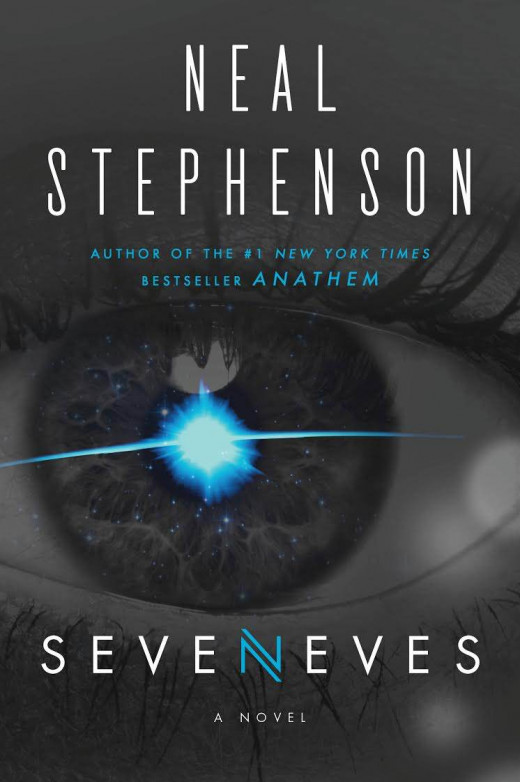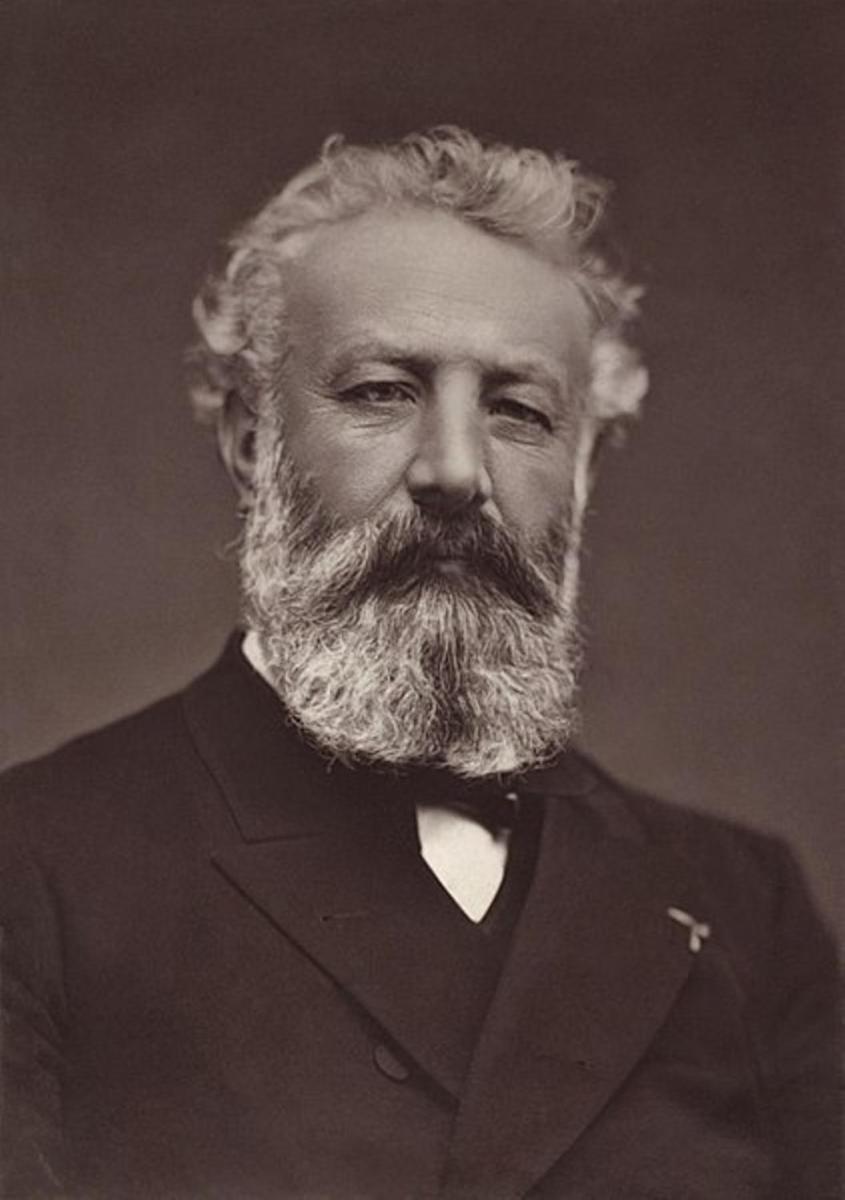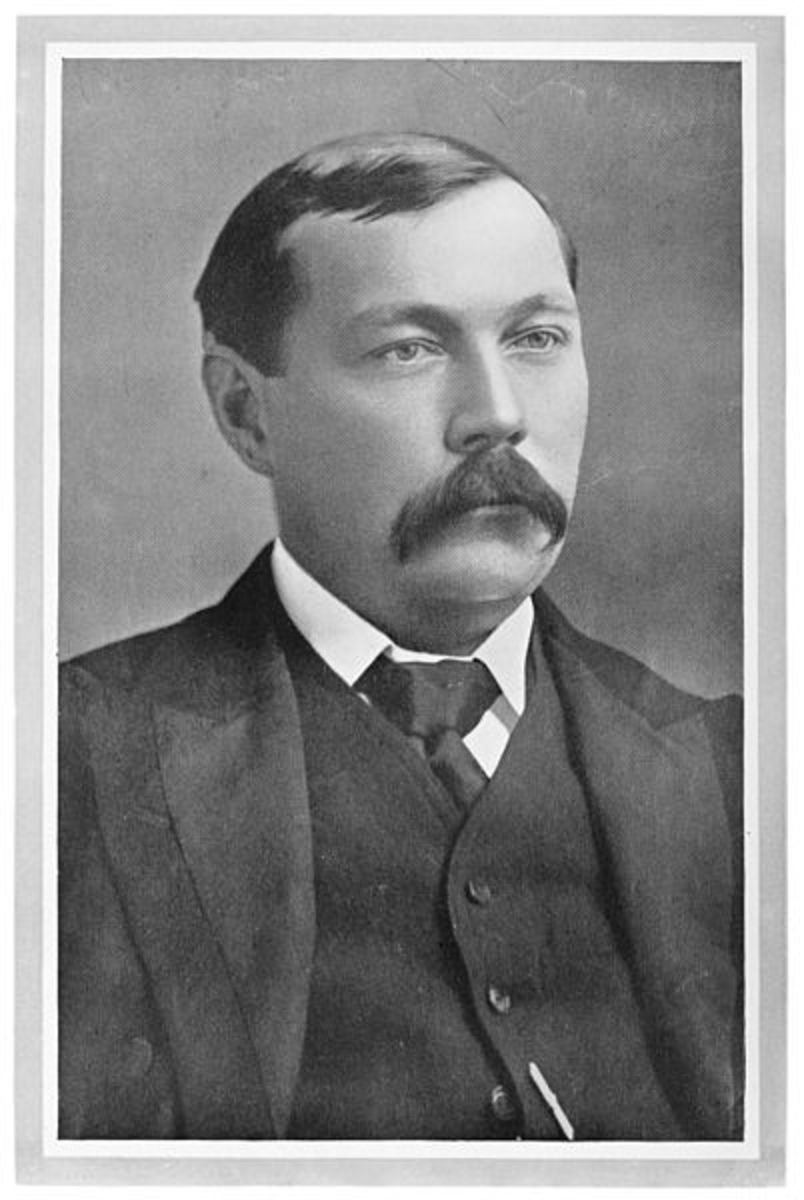- HubPages»
- Books, Literature, and Writing»
- Books & Novels»
- Fiction»
- Science Fiction & Fantasy Books
Seveneves or, "What the F**K Did I Just Read?"

I hope you enjoy physics problems
It’s not an easy book, is Neal Stephenson’s latest. Seveneves, seems to be making points about the resilience of humanity, and the endurance of love and family relationships across time and literal space. There’s probably a deeper and more meaningful substance that I’m missing, but those might not emerge until the third or fourth re-reading. It’s that kind of book. If it weren’t science fiction, it would be an English Class kind of book. As it is, Seveneves is probably going to stand up there with 2001: A Space Odyssey and the Foundation trilogy as a classic of the genre.
Let’s start with the hook – in the first line of the novel, the moon blows up. This is never explained, but this also isn’t a drawback – the human characters have so much on their plates immediately that slowing down to wonder “why” would probably get them all killed. See, the destruction of the moon leads to a subsidiary problem, in which collisions between various moon-fragments will lead to an intense meteor shower – called the Hard Rain in the novel – that will sterilize the surface of the planet, and last about five thousand years. Thus, the central problem of the novel is laid out: how fast can all of Earth’s resources combine to build a spacefaring civilization?
This question is where the novel both stands up and falls down. Take, for example, the other “Big Science Fiction Novels” previously mentioned. They also have big problems at their heart. In Foundation, the problem is, “a galaxy-spanning civilization is about collapse, leading to an enormous Dark Age. I must preserve the spark of civilization using sociology and math!” In 2001 the problem is, “godlike aliens of uncertain benevolence may have been guiding the evolution of humanity!” Here’s a thought exercise for you: If you’ve read either of these books, name a single character from either that isn’t H.A.L. You probably had to use Wikipedia.
The point I’m making is that in those books, as well as in Seveneves, the grand scale of the plot makes the characters seem almost inconsequential. This is exacerbated by the fact that there are a lot of them – a scientist on Earth whose name might as well be Not Neal DeGrasse Tyson, astronauts on the ISS, a dot-com billionaire who is a clear nod to Elon Musk, various Russian cosmonauts, the President of the United States – the list goes on, they’re hard to keep track of, and they’re all characterized as being so super-hyper-competent (to be fair, most of the characters our astronauts) that their flaws and weaknesses – their essential humanity – is minimized. You get the sense that the author feels the same way because, increment by increment, he kills off his cast of characters (including the seven billion people on Earth) until there are eight remaining. Eight. From which to reconstitute the entire human race.

And here's the part where it gets crazy
At this point, a less ambitious author probably would have ended the novel, and fair enough. After all, the complexities of explaining how eight people are going to repopulate the human species while cramped aboard a space station are difficult to fathom, and probably not that interesting (hint: many, many pregnancies). This, however, is where the author whips out the conceit that will either make this a novel that is talked about for generations, or remorselessly turn every single person off from reading it forever. After establishing that only eight members of the human race remain, Neal Stephenson jumps five thousand years into the future, where not just every character, but every character in the set of possible characters is descended from seven out of the eight remaining characters from the first part of the book.
A lot of people will hate this, but I love it. The second section is just better – The Big Problem aspect of the story is gone, and the plot is by comparison rather low-stakes, which means we can slow down from the hyperventilating pace of the first half. We can now focus on story, scenery and characters. And oh, the scenery! The imagery is acid-trippingly awesome: picture enormous space habitats bigger than anything any human has ever built, forming an artificial ring around the world and dipping tendrils into the atmosphere. These structures are inhabited by people who aren't necessarily hyper-competent super-astronaut types either. Our viewpoint character is a fairly ordinary person, living out her life in one of the most interestingly worldbuilt civilizations ever put down on paper.
Maybe I’m wrong and Seveneves is horrible. People will say that the author should have separated the two parts into two separate books, or maybe just written a sequel to Snow Crash. I disagree. This novel is, warts and all, one of the best science fiction novels that I’ve ever read, and maybe one of the best sf novels that has ever been written.



